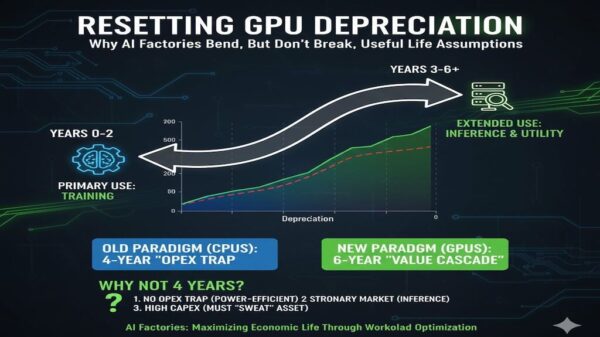The habit of binge-watching late-night television can adversely affect brain health, according to psychiatrist Dr. Daniel Amen of Amen Clinics in California. In an interview with Fox News Digital, he emphasized the detrimental impact of sacrificing sleep for the sake of entertainment, particularly with shows like Peacock’s “Love Island” airing new episodes nearly every night.
In a society where staying up to catch the latest episode is common, many individuals find themselves sacrificing essential sleep. Dr. Amen explained that even a single night of reduced sleep can lead to impaired decision-making the following day. He stated, “I just have to watch the last episode of whatever show you’re watching, and you end up cutting out half an hour or an hour of sleep.” This lack of rest can hinder the brain’s ability to function properly.
Understanding the Impact of Sleep on Brain Function
Dr. Amen underscored the importance of prioritizing sleep, noting that it is “absolutely essential” for brain health. Adequate sleep enables the brain to “clean and wash itself,” improving memory, energy, focus, and blood flow. He advised, “If you want your memory better tomorrow, go to bed half an hour early tonight.” This simple adjustment could have a significant impact on cognitive performance and overall well-being.
He also highlighted the societal pressure to stay informed about trending shows, which can lead to delayed bedtimes. The desire to engage in conversations the following day often compels viewers to sacrifice sleep for the sake of entertainment. Dr. Amen’s advice is to record shows for later viewing to mitigate the risks associated with late-night binge-watching.
The Role of Technology in Sleep Disruption
Modern technology also plays a role in this phenomenon. The exposure to blue light from screens before bedtime is known to reduce melatonin production, which is crucial for quality sleep. Dr. Amen warned that mindless scrolling can exacerbate feelings of stress and the fear of missing out, further complicating the quest for a restful night’s sleep.
To combat these effects, he recommends the use of blue-light blockers on devices during evening hours. This adjustment could help signal the brain that it is time to wind down and prepare for rest.
Dr. Amen encourages individuals to adopt a proactive mindset toward their health, asserting, “It’s about the abundance of what I want rather than what I can’t have.” He advocates for a lifestyle that prioritizes energy, memory, and focus, emphasizing that taking care of one’s brain is essential for overall well-being.
In a world increasingly driven by technology and entertainment, it is vital to recognize the importance of sleep for cognitive health. As Dr. Amen suggests, making simple changes to bedtime routines can lead to significant improvements in mental performance and quality of life.








































































